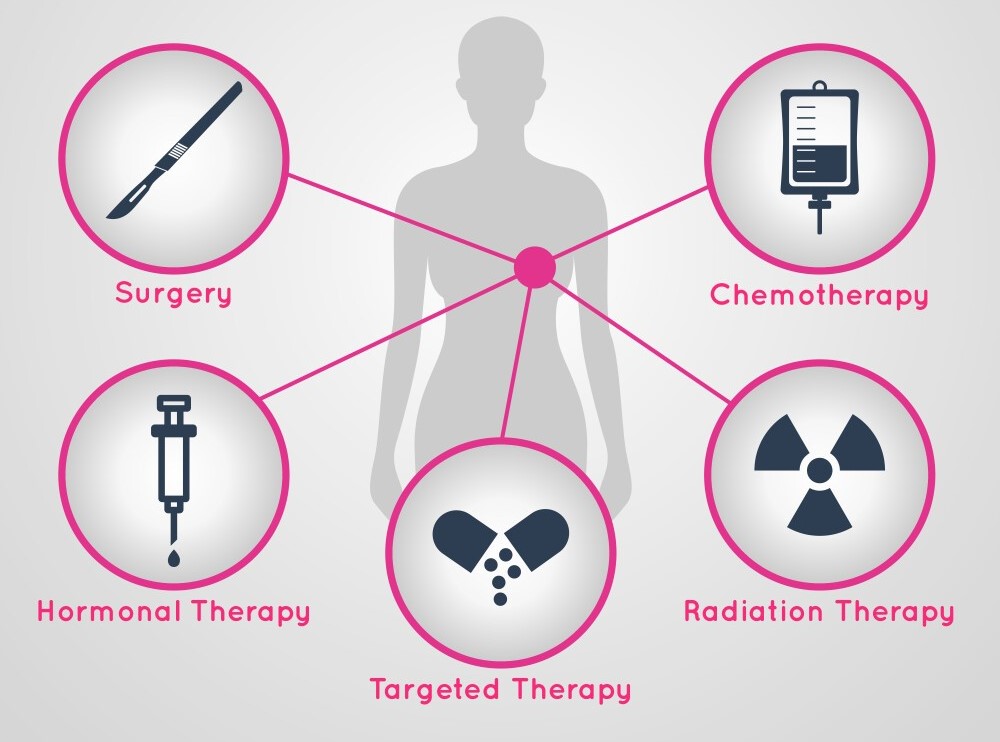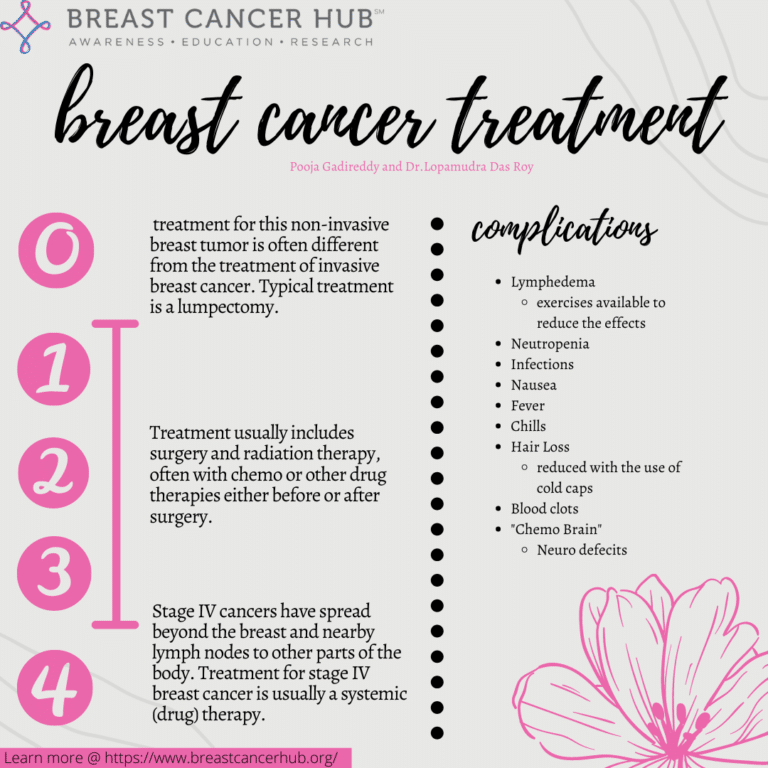Breast cancer, the most common cancer in women, can often be treated successfully, especially when diagnosed early. Advances in medical technology, early detection, and personalized treatment plans have significantly improved survival rates, though outcomes vary based on cancer type, stage, and individual factors.
Is Breast Cancer Curable?
The potential to cure breast cancer depends on the stage at diagnosis and the treatment options available:
- Early Stages (Stage 0-2)
Breast cancer diagnosed at an early stage is highly treatable. Surgery, often combined with radiation, chemotherapy, or hormonal therapies, can lead to complete remission, where no cancer cells are detected, and the patient may remain cancer-free. - Stage 3 (Locally Advanced)
While more challenging to treat, aggressive combinations of surgery, chemotherapy, radiation, and targeted therapies can still cure many cases. - Stage 4 (Metastatic)
At this advanced stage, breast cancer is generally not curable but is treatable. The focus is on slowing progression, relieving symptoms, and improving quality of life.
Understanding Remission and Cure
- Remission:
- Complete Remission: All signs and symptoms of cancer are gone.
- Partial Remission: The cancer has reduced in size or spread but is still detectable.
- Cure:
While a doctor may declare cancer cured after five years of complete remission, there is no guarantee the cancer will not return.
Survival Rates
Survival rates for breast cancer vary by stage and other factors:
| Stage | 5-Year Survival Rate (Women) | 5-Year Survival Rate (Men) |
|---|---|---|
| Localized (no spread) | 99.1% | 95% |
| Regional (spread to lymph nodes) | 86.1% | 83% |
| Distant (metastatic) | 30% | 19% |
These figures are averages and do not account for individual differences in treatment response or overall health.
Treatment Options

- Surgery
- Lumpectomy: Removal of the tumor and some surrounding tissue.
- Mastectomy: Removal of one or both breasts.
- Reconstruction: Restores breast appearance after mastectomy.
- Radiation Therapy
High-energy rays target and kill cancer cells, often used after surgery to reduce recurrence risks. - Chemotherapy
Medications that kill cancer cells or prevent their growth. Administered before surgery (neoadjuvant) to shrink tumors or after surgery (adjuvant) to prevent recurrence. - Hormonal Therapy
Blocks hormones like estrogen or progesterone, which can fuel certain breast cancers. - Targeted Therapy
Medicines that specifically target cancer cell characteristics, such as HER2-positive breast cancer. - Immunotherapy
Enhances the immune system’s ability to fight cancer.
Support for Patients
Facing a breast cancer diagnosis can be overwhelming. Many resources offer support, including:
- Support Groups: Connect with others who share similar experiences.
- Online Communities: Platforms like the Healthline Breast Cancer app provide emotional support and information.
- Organizations:
- American Cancer Society (ACS)
- National Breast Cancer Foundation
- CancerCare
Lifestyle and Prevention
- Early Detection: Regular mammograms and breast self-exams are crucial.
- Healthy Lifestyle:
- Maintain a healthy weight.
- Limit alcohol intake.
- Exercise regularly.
- Genetic Counseling: Women with a family history of breast cancer can benefit from BRCA1/2 genetic testing.
Summary
Breast cancer is often curable when detected early and treated promptly. Even in advanced stages, treatments can significantly prolong life and improve quality of life. Ongoing research continues to improve outcomes, offering hope to those diagnosed with the disease. For personalized guidance, consult your healthcare provider.


